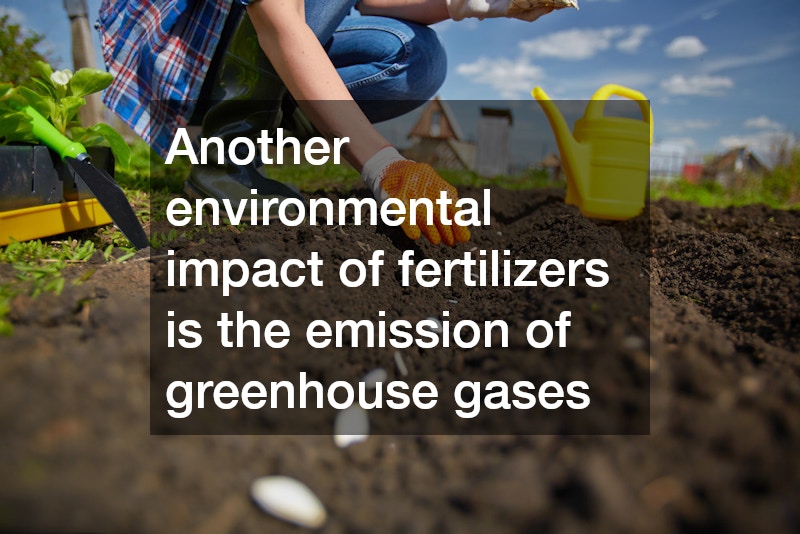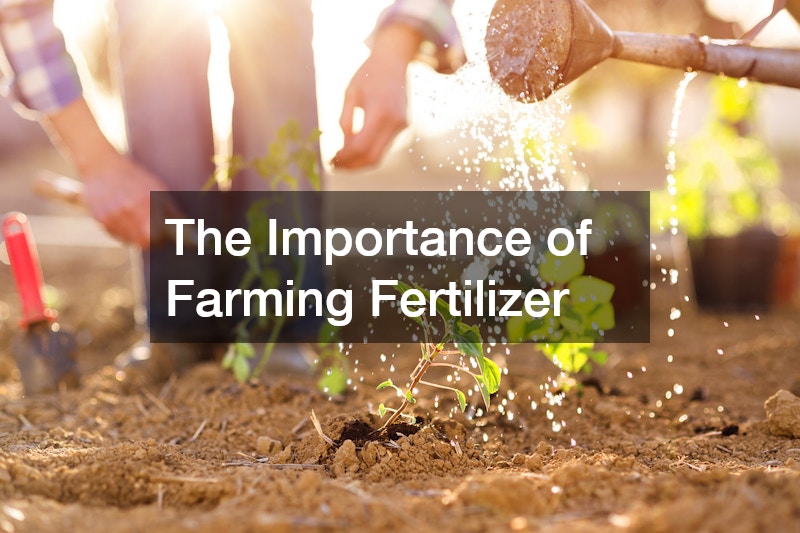Fertilizers have transformed agriculture, enhancing crop yields and making it possible to sustain a rapidly growing global population. As the backbone of the agricultural industry, farming fertilizer contributes substantially to food production, thereby playing a critical role in global food security. Without these essential resources, the world would face significant challenges in meeting dietary demands.
This article delves into how fertilizers have shaped modern agriculture and addresses their crucial role in confronting global food security challenges.
Why is Fertilizer Essential for Crop Growth?
The foundation of robust crop growth lies in the availability of fundamental nutrients, which fertilizers supply in abundance. These nutrients, primarily nitrogen, phosphorus, and potassium, are vital for plant health and development. Nitrogen aids in leaf growth, phosphorus supports root development, and potassium enhances disease resistance and water regulation. Without these key elements, crops would not achieve their full potential, leading to reduced yields and lower-quality produce.
Fertilizers augment soil productivity by replenishing nutrients that crops take up during their growth cycles. Over time, soils become depleted of essential nutrients due to continuous cropping, leading to a decline in soil fertility. By reintroducing these nutrients back into the soil, fertilizers maintain a sustainable cycle, allowing for a continuous supply of healthy crops. This balance is crucial for the long-term viability of agricultural lands.
Furthermore, fertilizers help compensate for soil variances that naturally occur in different regions. For instance, some soils may lack adequate levels of nitrogen while others might be deficient in potassium or phosphorus. By tailoring fertilizer applications to meet specific soil needs, farmers can enhance plant growth and optimize crop yields, ensuring a stable food supply to meet global demands.
What are the Different Types of Fertilizers?
Fertilizers are generally categorized into organic and inorganic types, each with distinct characteristics and applications. Organic fertilizers are derived from natural sources such as compost, manure, and bone meal, offering a slow-release source of nutrients. These fertilizers not only supply essential plant nutrients but also improve soil structure and increase microbial activity, promoting richer, more fertile soil over time.
In contrast, inorganic fertilizers, often referred to as chemical fertilizers, are synthesized from industrial processes, offering more precise nutrient content and immediate availability to plants. These fertilizers are typically composed of concentrated nutrients that can be delivered in exact proportions to match crop requirements. This precision allows farmers to address specific nutrient deficiencies with high efficiency, promoting rapid plant growth and increased crop yields.
While both types of fertilizers have their benefits, a balanced use of organic and inorganic fertilizers can often provide the best results. Combining the soil-enriching qualities of organic fertilizers with the potency of inorganic options allows for a comprehensive approach to nutrient management, supporting healthy crops while maintaining soil vitality.
How Does Fertilizer Impact Environmental Sustainability?
The use of fertilizers, while essential for crop growth, comes with environmental challenges. One significant concern is nutrient runoff, where excess fertilizers leach into water bodies, causing eutrophication and harming aquatic ecosystems. This phenomenon is particularly prevalent with chemical fertilizers, which, when not managed properly, can lead to nutrient pollution and water quality degradation.
Another environmental impact of fertilizers is the emission of greenhouse gases, such as nitrous oxide, a byproduct of nitrogen fertilizer application. This potent greenhouse gas contributes to climate change, highlighting the need for more sustainable fertilizer practices. By optimizing application methods and employing technologies such as precision agriculture, the environmental footprint of fertilizers can be significantly reduced.
Sustainable practices, such as using slow-release fertilizers and implementing buffer zones around water bodies, can mitigate these impacts. Additionally, the integration of organic fertilizers often helps reduce the reliance on chemical fertilizers, offering a more environmentally friendly approach to nutrient management. Balancing the need for high crop productivity with environmental stewardship is imperative for ensuring the long-term sustainability of agricultural ecosystems.
Fertilizers play an indispensable role in modern agriculture, crucially supporting global food security amid growing challenges. They provide essential nutrients that boost soil productivity and plant health, fostering increased crop yields and contributing to economic stability. However, addressing their environmental impact and optimizing their use through innovative practices is vital for sustainable farming. By promoting responsible fertilizer use, the agricultural sector can continue to thrive, meeting the global demand for food while preserving our planet for future generations.


